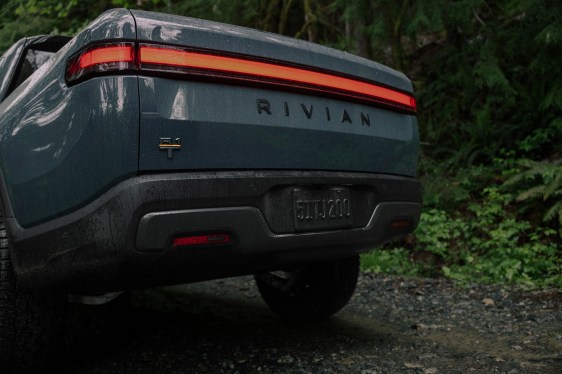Rivian has filed a lawsuit in Ohio to sell its electric vehicles directly to consumers, marking another chapter in the ongoing battle between new automakers and the powerful dealership lobby. The company sued Ohio’s Bureau of Motor Vehicles registrar in federal court, arguing that the state’s restrictions harm consumers by limiting competition and increasing costs. Currently, Rivian can sell directly in 25 states and Washington, D.C., but Ohio customers must purchase vehicles from out-of-state locations and have them shipped to local service centers.
In its complaint, Rivian called Ohio’s ban on direct sales irrational, claiming it stifles competition, reduces consumer choice, and drives up prices without any offsetting benefits. The company is seeking court approval to apply for a dealership license, which would allow it to bypass the current restrictions. Rivian pointed out that Tesla has been permitted to sell directly in Ohio since 2013, setting a precedent that newer manufacturers should also be able to follow.
The obstacle for Rivian is a 2014 state law, which the company alleges was passed after heavy lobbying by the Ohio Automobile Dealers Association. The law effectively grandfathered in Tesla while blocking other automakers from obtaining dealership licenses. Rivian’s chief administrative officer, Mike Callahan, criticized the law as outdated and unconstitutional, arguing that it unfairly limits consumer freedom and economic competition.
This isn’t Rivian’s first legal fight over direct sales. In 2021, the company, along with Lucid Motors, secured dealership licenses in Illinois after overcoming a lawsuit from the state’s dealer association. Meanwhile, Lucid Motors faced a setback in Texas, where a court upheld the state’s direct-sales ban earlier this year, though the company has since appealed the decision.
The outcome of Rivian’s lawsuit in Ohio could have broader implications for the auto industry, as newer electric vehicle manufacturers continue to challenge traditional dealership models.

